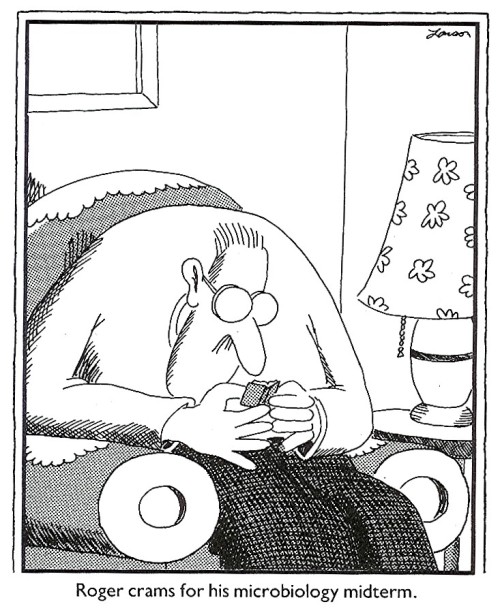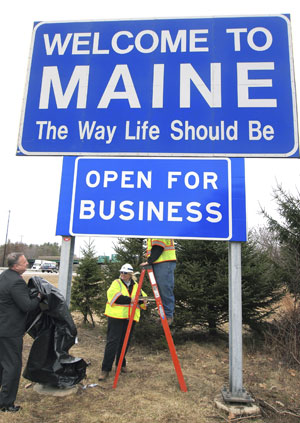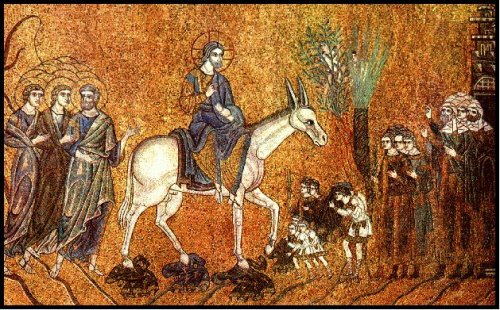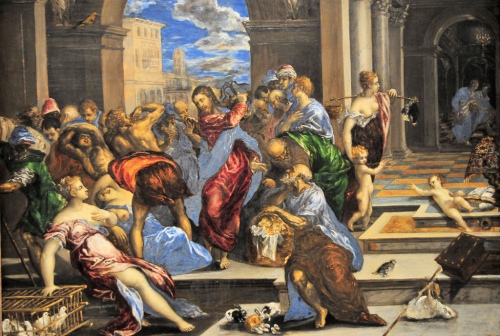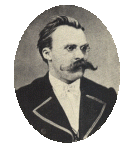It’s been one year today. One hundred thirty-one posts, no death threats (but no job offers either), not too much spam, an encouraging number of hits (6300, with the daily average climbing) and just enough positive feedback to fool me into thinking I’m not wasting my time. So far so good.
My first blogpost, Dylan Thomas’s poem And Death Shall Have No Dominion, came about because three people I knew had just died of cancer, all of them in their forties or fifties. Two of them were friends from nearby Bar Harbor and the third, Michael Spencer, had authored a blog called InternetMonk.com 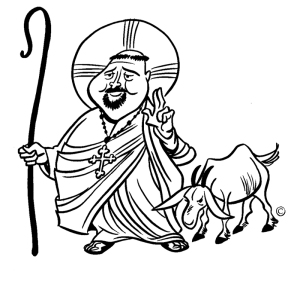 that I had become hooked on. Shortly before his death some good friends took over the helm and later helped to publish his nearly-completed book Mere Churchianity.
that I had become hooked on. Shortly before his death some good friends took over the helm and later helped to publish his nearly-completed book Mere Churchianity.
The iMonk blog, taglined “Dispatches from the Post-Evangelical Wilderness”, continues with a dedicated online community, lots of challenging topics for various kinds of Christians and non-believers too, and the new authors have continued remarkably well in Michael Spencer’s tradition.
So Dylan Thomas was right: death shall have no dominion. I like to think that Thomas echoed the apostle Paul in First Corinthians 15:55: “O death, where is thy sting? O grave, where is thy victory?”
 As the birth of my own blog had its genesis in death—and in a poem about death—I’m prepared to post a couple more: Dylan Thomas’s “other” death poem, Do Not Go Gentle Into That Good Night and (in my opinion) its counter-weight Crossing the Bar by Alfred, Lord Tennyson—a classic written in 1889 and recited at countless funerals since.
As the birth of my own blog had its genesis in death—and in a poem about death—I’m prepared to post a couple more: Dylan Thomas’s “other” death poem, Do Not Go Gentle Into That Good Night and (in my opinion) its counter-weight Crossing the Bar by Alfred, Lord Tennyson—a classic written in 1889 and recited at countless funerals since.
Where Tennyson says, “May there be no moaning of the bar when I put out to sea,” Thomas says, “Old age should burn and rave at close of day.” 
Where Tennyson says, “May there be no sadness of farewell when I embark,” Thomas says, “Rage, rage against the dying of the light.”
Who is right? Beethoven or Bach? Picasso or Rockwell? Thomas or Tennyson? Let’s keep asking the questions in order to arrive at the answers. It’s all art.
Here’s to the next year.
L’Chaim!
To life.
.
Do Not Go Gentle Into That Good Night
by Dylan Thomas
Do not go gentle into that good night,
Old age should burn and rave at close of day;
Rage, rage against the dying of the light.
Though wise men at their end know dark is right,
Because their words had forked no lightning they
Do not go gentle into that good night.
Good men, the last wave by, crying how bright
Their frail deeds might have danced in a green bay,
Rage, rage against the dying of the light.
Wild men who caught and sang the sun in flight,
And learn, too late, they grieved it on its way,
Do not go gentle into that good night.
Grave men, near death, who see with blinding sight
Blind eyes could blaze like meteors and be gay,
Rage, rage against the dying of the light.
And you, my father, there on the sad height,
Curse, bless, me now with your fierce tears, I pray,
Do not go gentle into that good night.
Rage, rage against the dying of the light.
Crossing the Bar
by Alfred, Lord Tennyson
Sunset and evening star,
And one clear call for me!
And may there be no moaning of the bar,
When I put out to sea,
But such a tide as moving seems asleep,
Too full for sound and foam,
When that which drew from out the boundless deep
Turns again home.
Twilight and evening bell,
And after that the dark!
And may there be no sadness of farewell,
When I embark;
For tho’ from out our bourne of Time and Place
The flood may bear me far,
I hope to see my Pilot face to face
When I have crost the bar.
Read Full Post »


